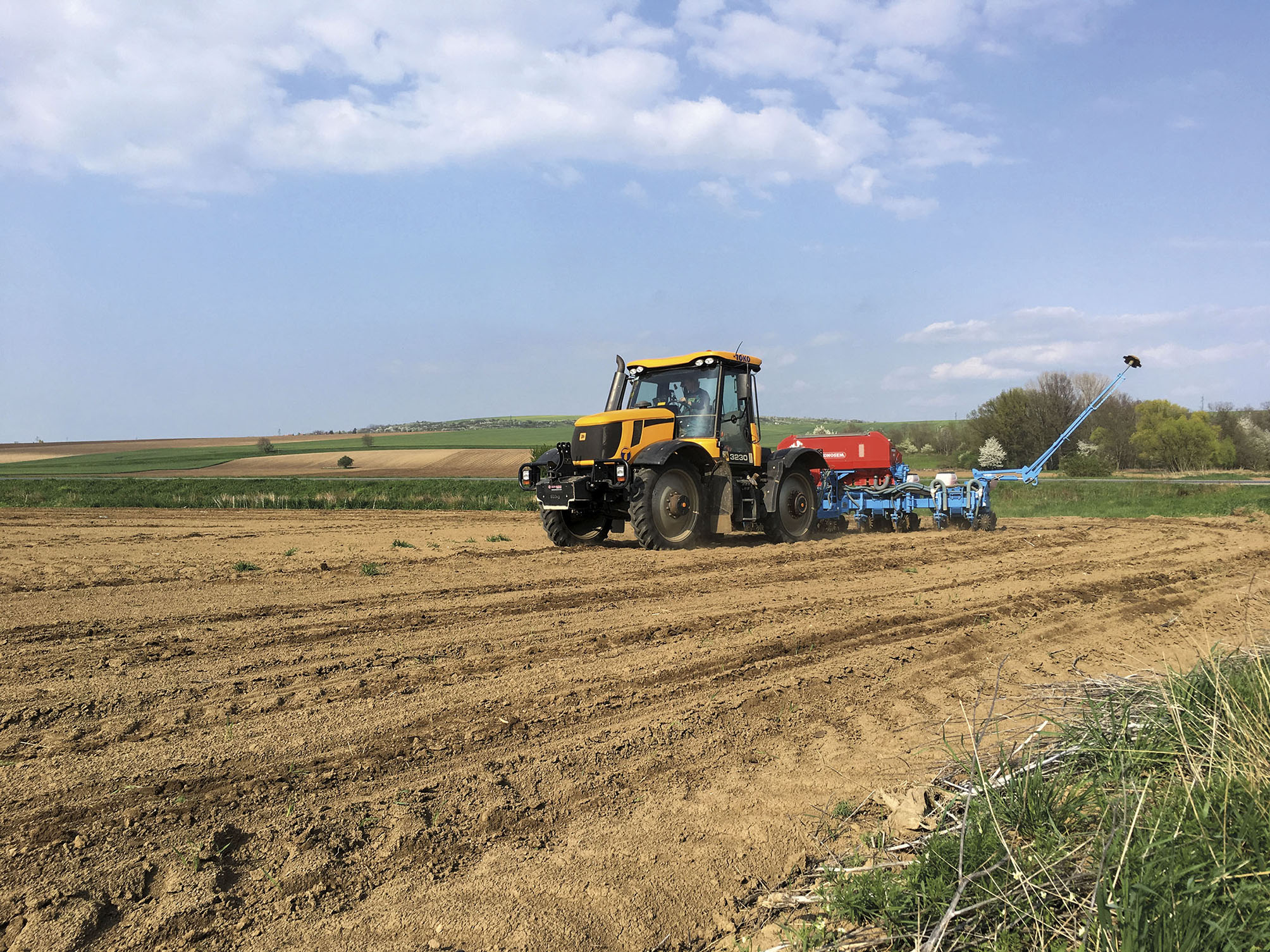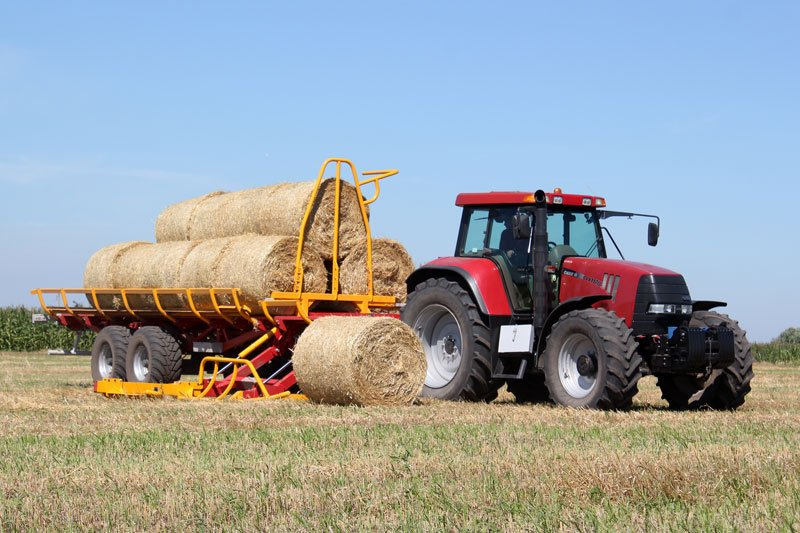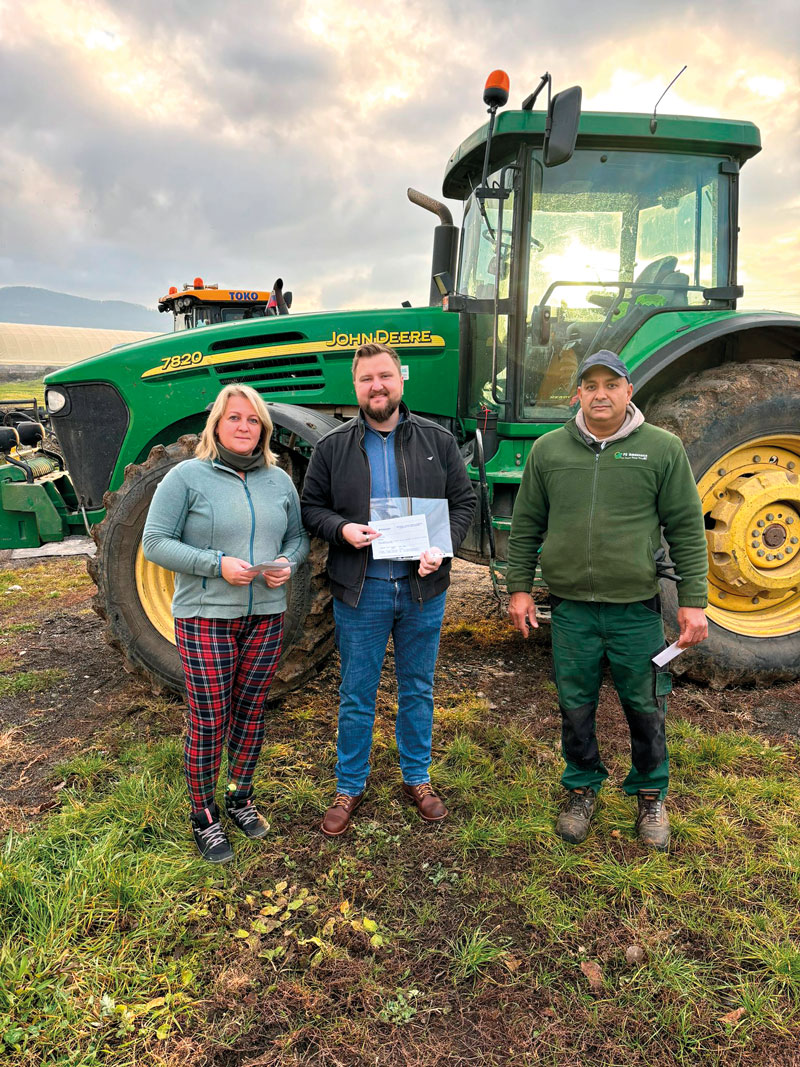Today's farmers' protests are caused by bureaucracy, a complicated system of subsidies, and environmental regulations requiring fallow land that is not compatible with the optimisation of the cropping system. There is a lack of common sense. Decisions are made in a vacuum without broad expert discussion.
Farmers receive subsidies that make up for the distortion of costs and output prices of products, and these subsidies vary across EU member states. The biggest problem, however, is the unexpected non-payment of direct subsidies since December 2023. Many farmers have financial problems that they have to deal with at the last minute. Our cooperatives have the great advantage of being members of Energy Group since the parent company has helped them solve this problem. The unpaid subsidies add up to a sizable sum, our cooperatives received a loan of EUR 400 thousand from the Group's shareholders.
The military conflict in Ukraine is also a major problem for us as it has caused an increase in the price of energy, oil, but also important raw materials such as fertilisers. For example, a tonne of urea cost EUR 400 in 2021, we purchased it for EUR 900 in 2022, an increase of over 100%, which was subsequently reflected in the economic indicators and results for 2023.
This has been compounded by unregulated import of food commodities into Europe from Ukraine and third countries, which has caused a significant drop in market prices. Prices of staples such as wheat, maize and sunflower currently fluctuate around EUR 100–120/tonne, while our production costs hover around EUR 130/tonne. Yet their 2022 market prices reached about EUR 280/tonne.
These influences put us in a difficult situation because the crops that have formed the basis of our production so far are economically unprofitable and we have to find profitable crops for the European market. The only economically interesting crop at present is sugar beet, which is subsidised but limited by the area under cultivation, as we only have two sugar mills in Slovakia, in Sereď and Trenčianska Teplá, making cultivation in east Slovakia unprofitable due to high transport costs.
Our key priority in crop production is to address the cultivation of higher value-added crops, but these are limited by marketing opportunities and a focus on specialisation. The Popudinské Močidľany cooperative has therefore refocused on certified seed production. We have already invested EUR 180 thousand in this technology.
In the area of livestock production, despite the goal of food self-sufficiency proclaimed by the state, we are dealing with the issue of effectively maintaining primary milk production. Primary milk producers statistically report that milk production is losing almost 3 cents on every litre of milk produced.
All of these factors influence our decisions on the direction of agricultural production. It is not at all my intention to give the impression that farmers are just complaining (first about money, then the weather, etc.), but these effects are not something that farmers have the ability to cope with in the long term without state and legislative action.
Ing. Pavel Tokoš, Chair of the Popudinské Močidľany cooperative



